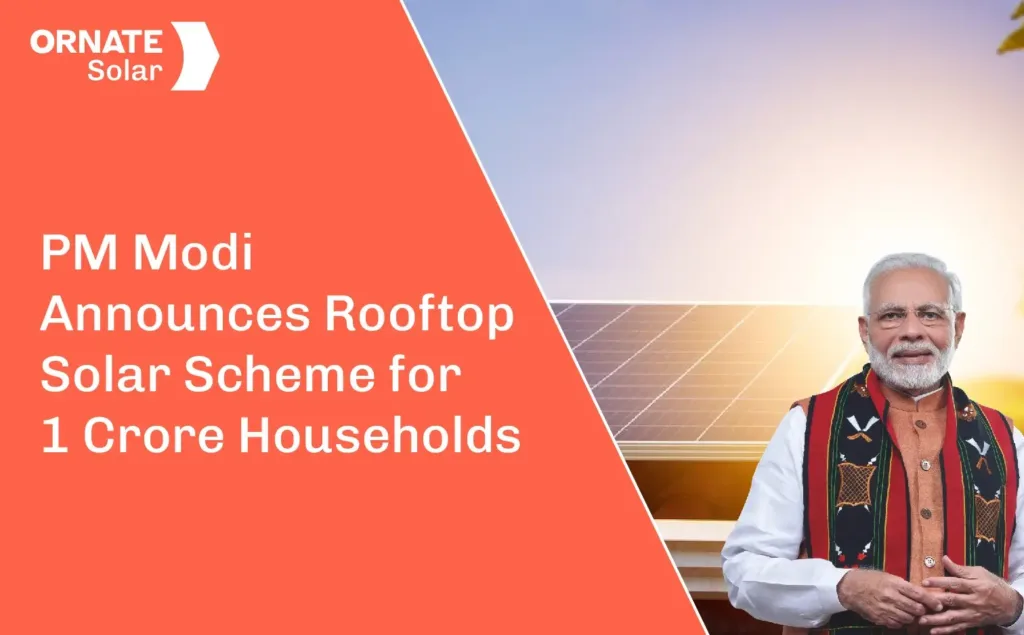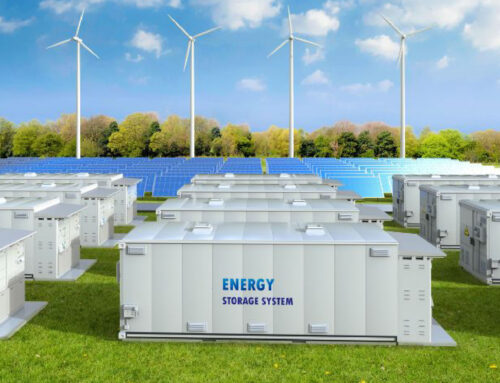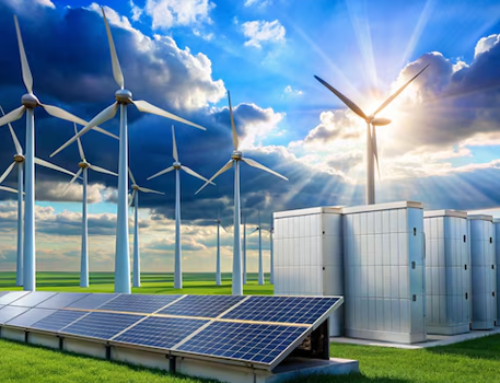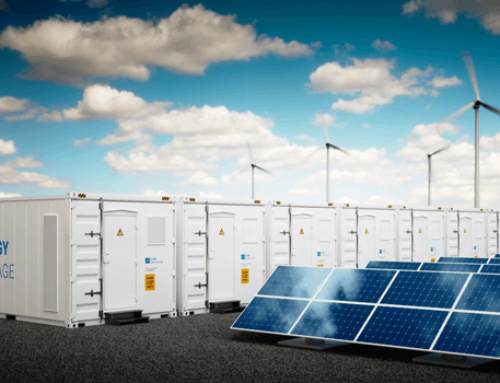

Indian Prime Minister Narendra Modi has announced a new scheme to electrify one crore households with solar energy. The decision was made hours after the Ram Mandir inauguration at Ayodhya on 22nd January 2024.
“Today, on the auspicious occasion of the consecration in Ayodhya, my resolve has been further strengthened that the people of India should have their own solar roof-top system on the roof of their houses. The first decision I have taken after returning from Ayodhya is that our government will launch ‘Pradhanmantri Suryodaya Yojana’ with the target of installing rooftop solar on one crore houses. This will not only reduce the electricity bill of the poor and middle class but will also make India self-reliant in the field of energy,” Mr. Modi tweeted from his account.
REC Limited has been designated as the Programme Implementation agency for the Pradhanmantri Suryodaya Yojana. The corporation, owned by the Ministry of Power, will lend up to ₹1.2 trillion for the scheme.
REC will extend a line of credit of about ₹15,000 crore each to eight central PSUs which will be responsible for the solar installations across states. The PSUs will proactively do the installations under the RESCO model. Under this model, a Renewable Energy Service Company (RESCO) installs, maintains, and commissions the rooftop solar plant on the consumer’s roof at its own expense. The generated power is then sold to the consumer at a rate that is significantly lower than the grid tariff.
The timeline for the installations is 1 year and further details about the scheme have not yet been revealed.
India’s installed solar capacity has reached 73 GW. However, the growth of rooftop solar installations, especially in the residential segment, has been muted. As of December 2023, the cumulative installed rooftop solar capacity of India stands at 11.03 GW.
To improve the situation, the Indian government increased the solar subsidy by 23% in January 2024 and streamlined the process for residential consumers to apply for rooftop solar. These policy adjustments, coupled with the 1 crore solar homes initiative, are expected to enhance India’s renewable energy infrastructure and contribute to the nation’s goal of reaching 500 GW of renewable energy by 2030.









Leave A Comment